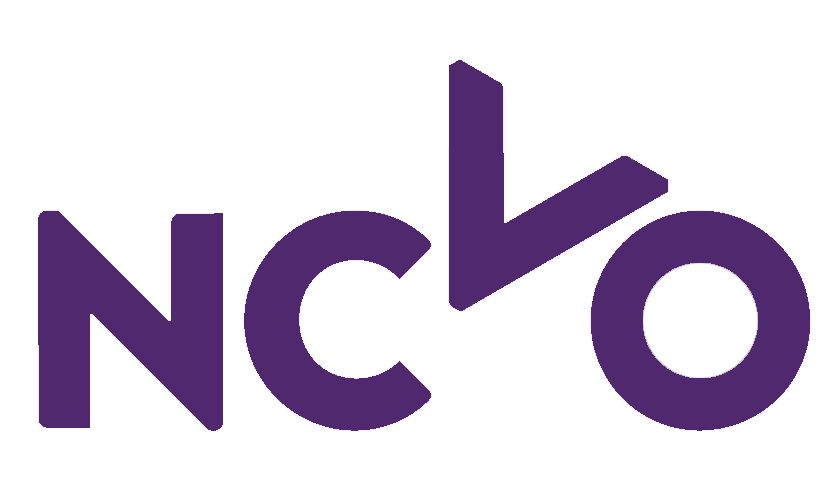After months of consultation and engagement with charities of all sizes, NCVO has launched a set of Charity Ethical Principles. Governing bodies, staff and volunteers are encouraged to actively consider the principles and how they can integrate them throughout their work.
A summary of feedback is also published today. Reception to the draft principles was particularly positive, and therefore the proposed outline of beneficiaries first, integrity, openness and the right to be safe have constituted the overarching principles of the finished document. Each of the principles in the document is accompanied by guidance on how it can be upheld, providing broad, instructive statements that charities using the code should observe.
In response to feedback, the original proposed title of Charity Code of Ethics has been changed to Charity Ethical Principles, to make clear that the guidance is intended as complementary to existing codes such as the Charity Governance Code, and also makes clear its status as a voluntary framework.
NCVO has stressed that it sees the Charity Ethical Principles as a ‘living document’ and wants to continue the conversation with voluntary organisations using the principles in their work, encouraging them to email policy@ncvo.org.uk with any comment.
The development of the Charity Ethical Principles has been led by Dame Mary Marsh, supported by NCVO and a wider advisory group representing the sector.
Dame Mary Marsh, who led on drafting the principles, said:
It has been a privilege to lead this important piece of work and I would like to thank all those who contributed so thoughtfully. These principles demonstrate how much we all want to live our values in everything we do and show the public that charities aim to be places where everyone meets the highest ethical standards.
Sir Stuart Etherington, chief executive of NCVO, said:
NCVO is pleased to have supported the development of the Charity Ethical Principles. I hope they will be widely used by charities in their decision making and in the development of their policies and procedures. This work does not end here and we are open to further development of this important guidance once organisations have started to use it as part of their decision making.

